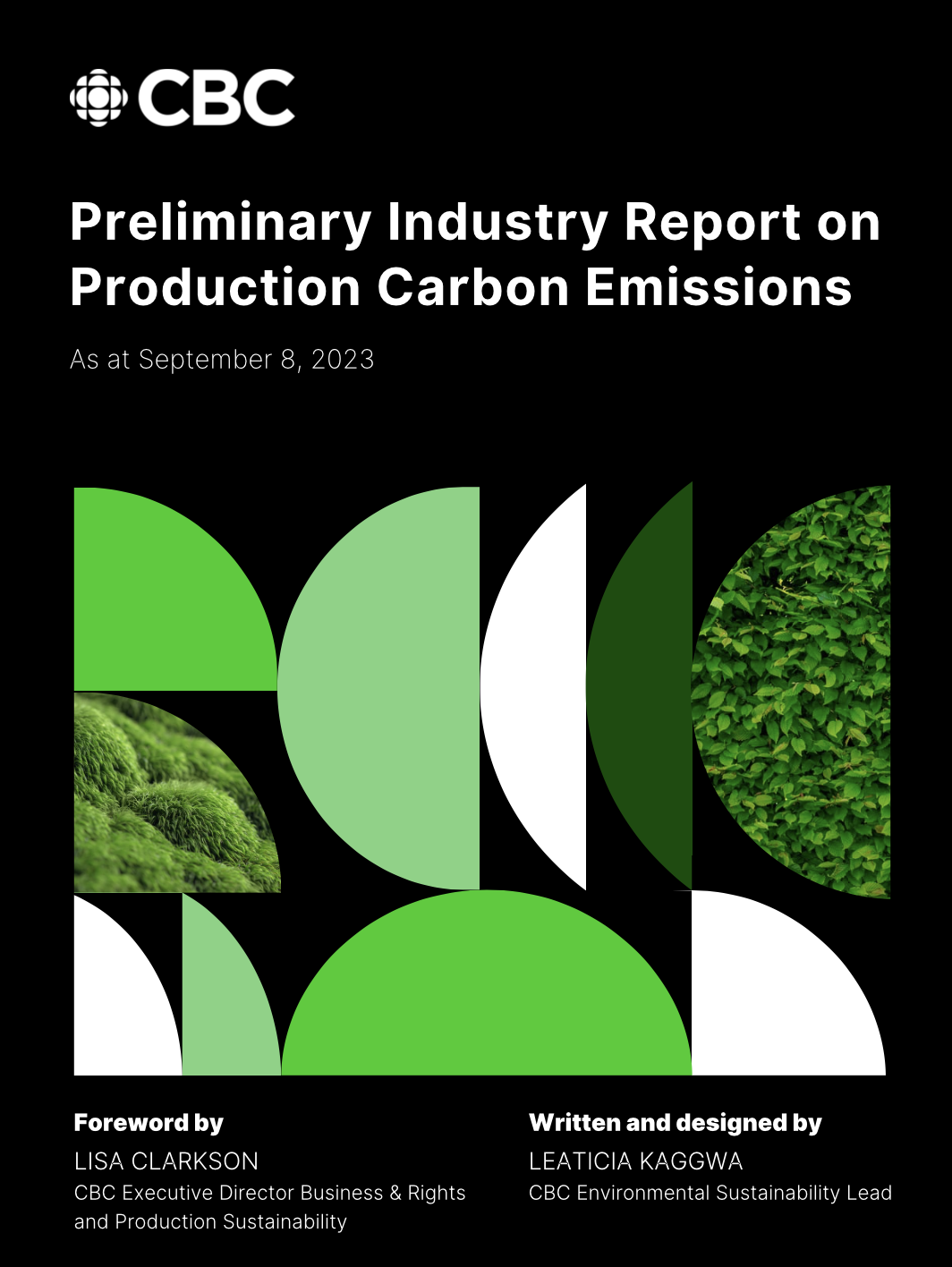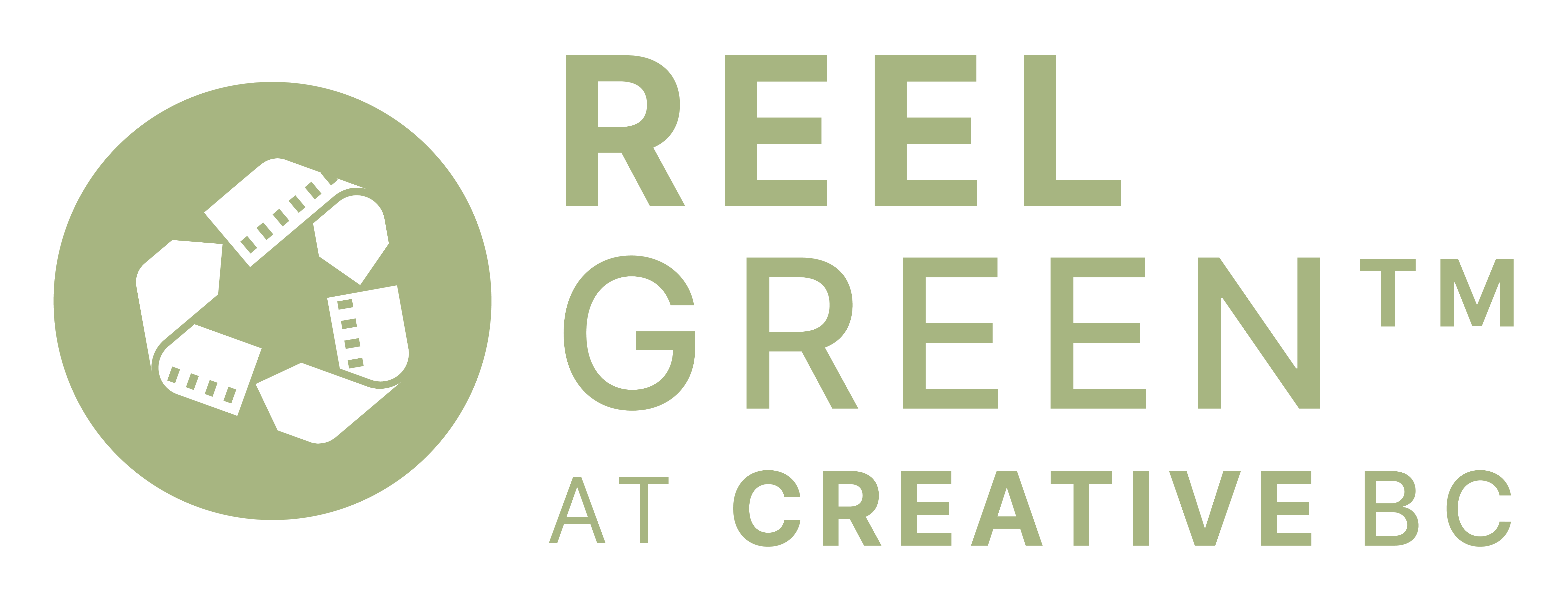The fourth annual REEL Earth Day Challenge has raised $100,000 toward projects delivered through Metro Vancouver Regional Parks Foundation. Since 2021, the annual BC film industry fundraiser for parks and greenspaces has raised over $473,000. “Creative BC's Reel...
Related News
Reel Green™ Vendor Spotlight: Driving Force
Driving Force, a Reel Green™ Advisory Partner and eco-friendly vendor is driving sustainability within the film industry! Across Canada, Driving Force is known for solving problems, keeping promises, and helping communities. Their sustainable role in the Vancouver...
REEL Earth Day Challenge – Fall 2023 Report
The 2023 #REELEarthDayChallenge brought together film crews, productions, sponsors and industry stakeholders to raise funds towards projects for Metro Vancouver Regional Parks. This year the BC film industry raised $100,000 towards 9 projects. These projects are led...
Reel Green™ Circular Economy Toolkit is Now Live!
A circular economy is one that minimizes waste and makes the most of available resources. In contrast to the traditional linear economy, which follows a "take, make, dispose" model, a circular economy aims to keep products, materials, and resources in use for as long...
A look at CBC’s Inaugural Report on Production Carbon Emissions

Did you know that travel and transport produce the most carbon emissions during productions? In their inaugural report on Production Carbon Emissions, the CBC delves into the main sources of production-related carbon emissions and discusses ways to reduce them.
The report consolidates data from sixty-four productions that submitted albert carbon footprint reports since the CBC started requiring them for all their original productions in January 2022. CBC’s objective with this report (and future updates) is to offer data-driven insights into making the industry more environmentally sustainable.
Key findings from the report include:
- The leading three areas that led to the highest number of emissions were Travel & Transport (42.7%), Filming Spaces (22.5%) and Materials (21.7%).
- The lowest three areas with the least number of emissions were Disposal, Post Production, and Accommodation, all contributing below 2% each.
- In the Travel & Transport category, emissions totaled 4,063 tonnes of CO2, comparable to the annual electricity use of 952 homes. Of this total, road travel/transport represented 52%, emitting 2,772 tonnes of CO2e (equivalent to the emissions of 849 passenger vehicles), while air travel /transport contributed 35%, accounting for 1,217 tonnes of CO2e (equivalent to the annual emissions of 373 passenger vehicles).
- In the Filming Spaces category, emissions totaled 2,143 tonnes of CO2e, equivalent to the consumption of 912,931 liters of gasoline. Additionally, Materials accounted for 2,059 tonnes of CO2 emissions, comparable to the annual emissions of 631 passenger vehicles.
- Drama emerged as the genre with the highest emissions, with Comedy following closely in the second position. News and Sports were the two genres with the lowest contributions to emissions.
Based on the results, CBC suggests giving top priority to addressing the environmental impact of productions by focusing on Travel & Transport, Filming Spaces and Materials. The following are suggested strategies to minimize the environmental footprint of these operations.
- Promote the use of local vendors and talent to reduce the need for extensive travel and shipping (Reel Green has a B.C. Green Vendors database)
- Choose environmentally friendly energy solutions such as electric vehicles and generators, and opt for renewable power sources like solar and wind
- Turn off/unplug equipment and vehicles when not in use
- Buy second-hand and/or rent instead of buying brand new materials
- Choose materials that are recyclable, compostable, biodegradable, and/or donatable
- Utilize digital software for scripts, call sheets, and other documents to reduce paper printing
- Engage in regular discussions with the cast and crew about your sustainability strategy, actively involving them in the process of adopting greener practices
These are all suggestions the Reel Green team stands by as well!
To further explore some of the report’s findings and discover ways to make positive changes in reducing production emissions, the CBC has created an interactive quiz. Completing the quiz takes about three minutes and all those that complete it will earn complimentary 6-month premium subscription to CBC Gem.
This report is the kickoff to what is anticipated to be an annual series tracking progress and sharing eco-friendly tips to make our industry more sustainable. We look forward to more insights from the CBC as we steer toward a greener production future!
Stay Connected
Subscribe to our newsletter

